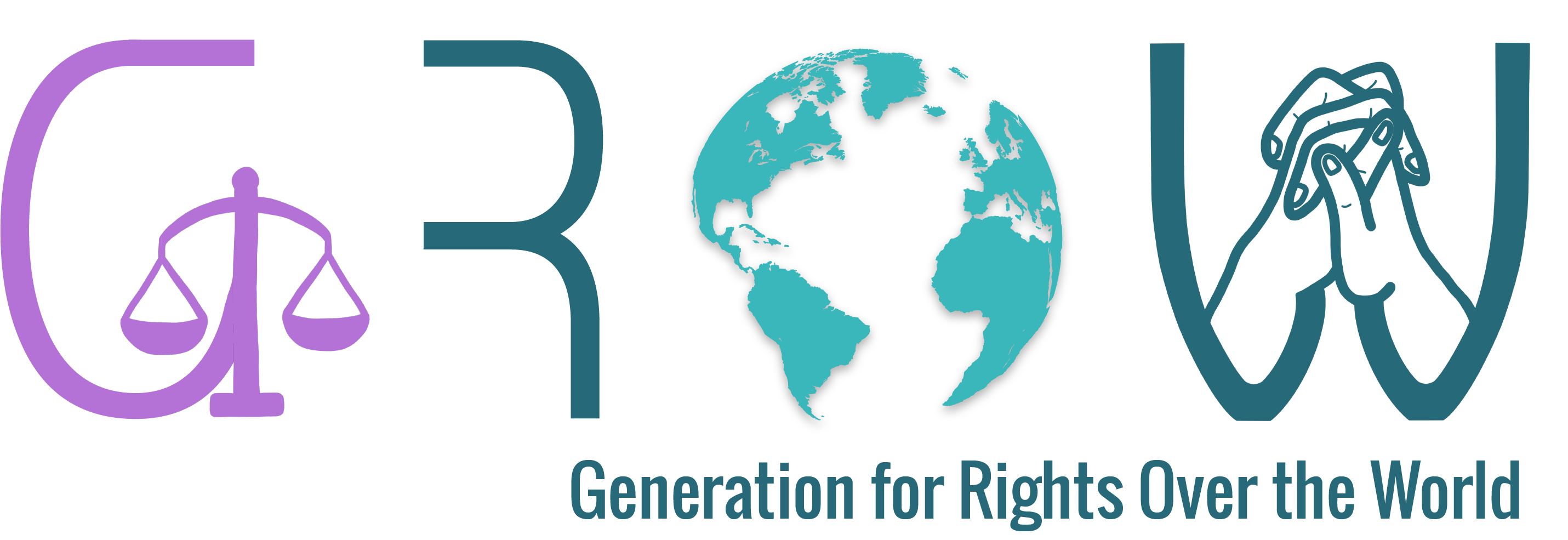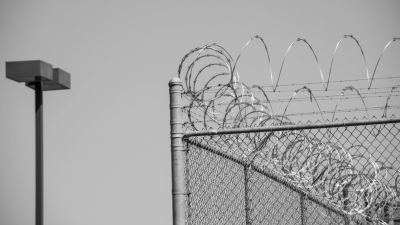On the occasion of COP26, António Gutteres gave a speech stressing out the emergency of acting globally against climate change, acknowledging that “we are digging our own graves”. This speech calls on a holistic approach to global governance to tackle climate change. No State can afford to stay passive. Equally important is that it has to be tackled through inclusive rights-based climate justice.
Today, everyone – exception made of global warming sceptics and profit-driven unconscious international companies – agrees on the fact that Climate Change endangers humankind, and therefore its fundamental right to life upon many others. Acknowledging that postulate, it seems quite obvious that tackling climate change involves using human rights language to support that global effort. It is not a matter of prioritising rights, but we must recognise that Humanity is willing to fight climate change for the sake of survival rather than to preserve the Earth. The Earth can adapt to the climate in a way that humans cannot. This is exactly what the former High Commissioner for Human Rights, Mary Robinson, was referring to when stating that climate change was “probably the greatest human rights challenge of the 21st century”. Not only because the right to life is imprescriptible under any circumstances, but also because it is itself a condition for the fulfilment of any other right.
Given the fact that the survival of humankind is at play, tackling climate change will require adopting radical measures – and we should not be afraid of that wording just because it has been used in recent years to describe a plethora of phenomena. Radicality is not something inherently harmful. What can make it damaging is what we do with it. Being radical in dealing with such a worrying event as climate change and its consequences is in no way a despotic behaviour, but a necessity. Radical action against climate change is necessary to limit its irremediable consequences. But strong measures can only be effective if all States of the international community cooperate, otherwise they will have no impact – climate change being a too large issue to be solved unilaterally – and will only result in affecting human rights negatively.
Along these lines, the use of human rights language is relevant to support global efforts to address climate change. Human rights discourse is precisely what rationalises radical decision-making. The stakes are high, but the project must be thoughtful, measured and inclusive. The fight against climate change should not be a substitute for fighting for human rights. Rather, these two struggles must be waged simultaneously. Fighting climate change is essential, but it must not be achieved at the expense of social progress made so far, especially when considering that the first victims of this radical decision would be the most vulnerable populations. A human rights-based approach to climate change should focus on providing each individual with the minimum requirements for a life of human dignity, and this is exactly what climate justice tends to emphasise.
Human rights were originally defined internationally under the 1948 Universal Declaration of Human Rights. They encompass a host of moral affirmations concerning the entitlements of all human beings regardless of “race, colour, sex, language, religion, political or other opinion, national or social origin, property, birth or other status”. As such, the notion of human rights implies a certain vision of equality and justice for all.
Nonetheless, climate change is a growing global issue – which if left unchecked will ultimately result in the inhabitability of Earth and humanity’s disappearance – that does not yet impact all populations and territories equally. Indeed, on the one hand, some territories and certain categories of populations are already much more prey to climate change and its consequences – islands directly threatened by rising sea levels, or arid regions by drought, among others – and on the other hand, some territories have more economic, material and institutional capacity to mitigate its impacts on their populations in the short term. Consequently, a further argument for using human rights language in tackling climate change is a consideration of equity and justice in a Rawlsian understanding. In fact, climate change, besides being a matter of survival, is also a justice concern, namely a climate justice one.
The concept of climate justice involves three approaches, each of which highlights a justice gap between two or more categories that are imbalancedly impacted by climate change. The first approach is an interstate justice that emphasises the inequalities between the developed, industrialised northern countries, which are relatively less affected by the effects of climate change, and the developing or underdeveloped southern countries, which are less polluting but generally more threatened. The second approach concerns intergenerational equity concerning climate change. This view was first developed at the Rio Earth Summit in 1992 and has recently been taken up by the Youth for Climate movement. It is a moral and legal principle according to which past and current generations, whose capitalist consumption patterns are largely responsible for global warming, should not jeopardise the interests of future generations. Lastly, a third conception relates to intragenerational equity. This approach looks at the inequalities between social classes and between territories in a given society, at a given timeframe when affected by climate change.
In this respect, the human rights discourse is paramount in tackling climate change, precisely to ensure that every action taken is assessed in a way that limits the widening of already existing inequalities and maximises access for all to their right to a clean, healthy and sustainable environment. Still, it cannot happen unless all countries unanimously and collectively adopt a rights-based approach to guide global climate change policies and action towards inclusiveness, equity and justice.
Human rights are a worldwide concern, especially when it comes to survival, and as such must be viewed as a support in the fight against climate change. Yet human rights are not universal – insofar as not all individuals enjoy the same amount of rights – but aspire to become so. Hence, States need to protect those who are likely to be the most affected by climate change – and this can only be done by recognising and assessing the language of human rights in the light of what is under consideration.
At the end of the day, the question is no longer whether the human rights language supports or hampers global efforts to tackle climate change. The recognition of the right to a clean, healthy and sustainable environment as a human right by the UN Human Rights Council in its resolution 48/13 of 8 October 2021 formalises the existing interplay of climate change and human rights. Our main interest rather lies in how the international community, at a global level and State themselves, at a domestic level, can ensure that climate change policies are to be designed, implemented and monitored in a manner that protects the full and effective enjoyment of human rights worldwide, while the understanding about the so-called human rights are not itself universal.







